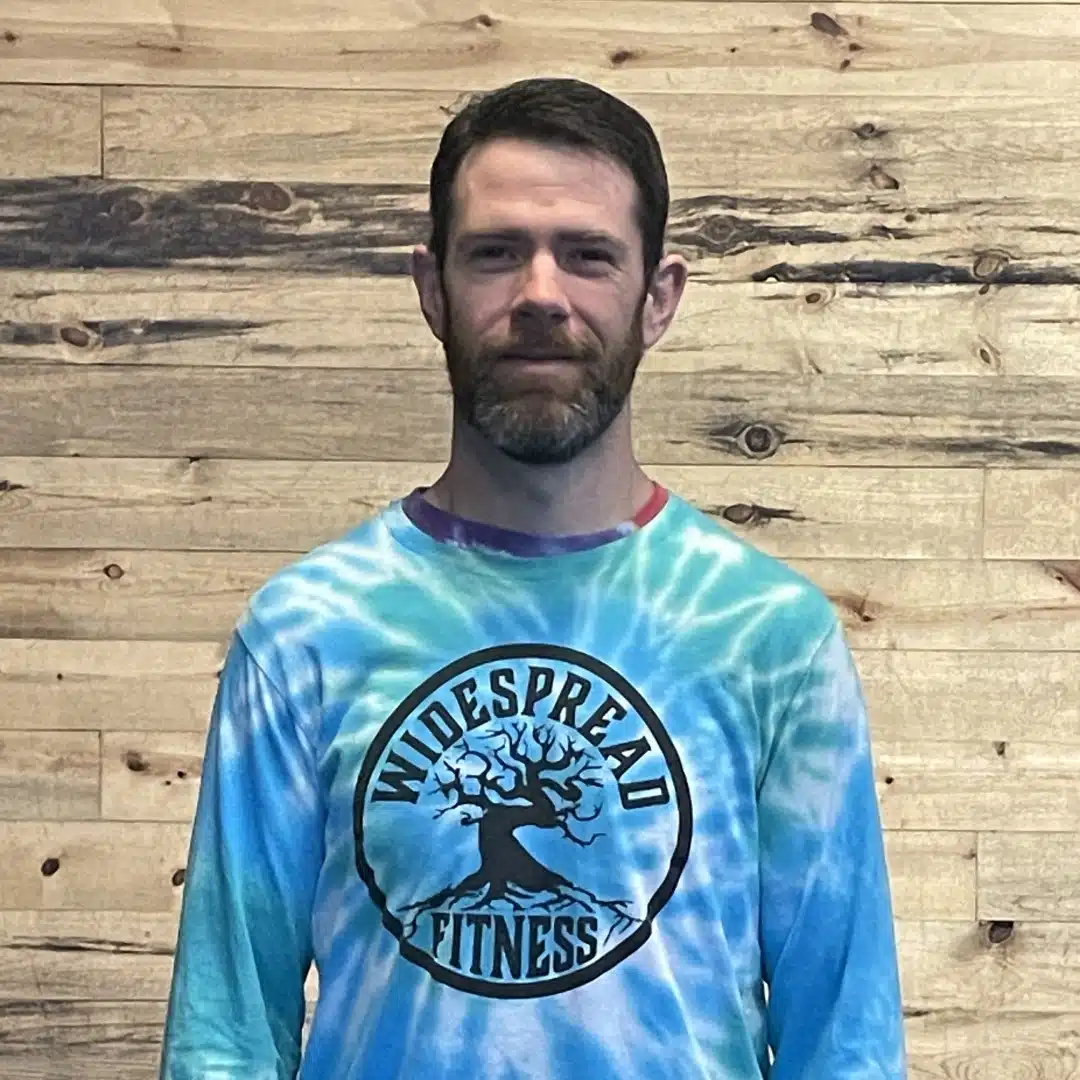In 2016, author Derek Sivers wrote a series of blog posts that centered around directives to live by. One particular post titled “How to thrive in an unknowable future” rings true now more than ever. Let’s take a look at the 6 guidelines Derek recommends and expand on ways you could apply them today! The 6 guidelines are:
Prepare for the worst
Expect Disaster
Own as little as possible
Choose opportunity, not loyalty
Choose the plan with the most options
Avoid planning
1. Prepare for the worst.
“Since you have no idea what the future may bring, be open to the best and the worst.”
The best-case scenario takes care of itself. If you get promoted and handed a bonus check or the love of your life walks up to you and asks you on a date then that doesn’t require much more than a handshake and celebration.
Preparing for the worst, on the other hand, is a more difficult exercise, but far more pragmatic and beneficial. A lot of us are on the fence right now as we face challenges in our careers, living situations, and in our relationships. We’re waiting for things to blow over, get better, or sort themselves out. We say we can hang on a little bit longer and it’ll all be fine. Start taking action towards the worst-case scenario and mitigate the risk of that happening as much as possible.
2. Expect disaster.
“Not just money, but health, family, freedom. Expect it all to disappear.”
In line with preparing for the worst is to expect disaster. Most of us don’t like to think about a major disaster happening. It can feel morbid and be a bit of a downer after all.
However, It can also give us great insight into the things we are most afraid of. Sometimes a little bit of fear can be a healthy motivator if it drives us to take action towards preventing the thing that we don’t want. If you tend to procrastinate doing certain activities that you know would benefit you then maybe having that worst-case scenario in mind is exactly what you need.
Don’t wait to clean up your diet and begin to exercise. Don’t wait to invest in your 401k just because it’s only a few dollars each month. The initial embarrassment you may feel while starting is a worthwhile tradeoff for the future benefit of taking action today.
3. Own as little as possible.
“The less you own, the less you’re affected by a disaster.”
Own as little as possible. This can seem trite and an easy guideline to shrug away from. After all, what about the American dream? Owning things doesn’t make you a bad person and your stuff makes you happy right?
Owning as little as possible can help you acknowledge what is important to you. In the context of thriving in an unknowable future, it will reduce decision fatigue and optimize your flexibility in decision making.
Elon Musk recently decided to sell his houses and take on a more minimal approach to life. As a billionaire who could retire today this decision was clearly not financial. Elon knows that we have a finite amount of time on this planet. The tradeoff of time and energy he could make building and maintaining his dream houses would be better spent on one of his companies and family. He knows what is important to him so he can put down a good opportunity for a great one that will have a bigger impact on humanity.
4. Choose opportunity, not loyalty.
“Have no loyalty to location, corporation, or your past public statements…have loyalty for only your most important human relationships.”
The concept of loyalty varies in importance to many people. The fear of guilt and shame for making a choice that you know will be beneficial to you can be a hard pill to swallow. Some of us spend years in roles that might not be our best option because we value loyalty so highly. When you don’t know what the future brings it’s important to consider what opportunity in front of you presents the best option even if it means a change.
5. Choose the plan with the most options.
“The best plan is the one that lets you change your plans.”
In the world, we live in being able to work independent of a physical location, having a flexible schedule, or the ability to change the projects that you work on have proven to be important factors. Many of us have had to pivot and change the way we operate and will most likely approach our careers with fresh eyes.
The same concept should apply to your health and fitness routine. With the right coaching, you can maintain your strength through a functional fitness routine using minimal equipment or even bodyweight movements. If you have traditionally relied on a ton of equipment or loud music and flashing lights to get your workout in it has probably been a bit of an adjustment. Consider trying a new approach to your training that offers you more flexibility and resilience.
6. Avoid planning.
“Since you have no idea how the situation or your mood may change in the future, wait until the last moment to make each decision.”
Avoid planning. Not advice that you often hear but when you don’t know what the future could bring it kind of makes sense. Many people who have had their heart set on a vacation or planning an important family gathering or wedding ceremony have struggled with how to best adjust or manipulate their plans. If you are unsure of what the future might bring it can help to let go of expectations and hold off on the planning.










